Alcohol consumption has long been a part of many cultures and social gatherings. However, the reality is that excessive or even moderate drinking can have numerous negative impacts on our health. Whether you are considering quitting alcohol for health reasons, personal growth, or simply to improve your overall well-being, the decision to stop drinking can lead to a remarkable transformation in your body and life.
Immediate Benefits Within the First Few Hours
When you take the first step to stop drinking alcohol, your body begins to experience positive changes almost immediately. Within the first few hours, your blood alcohol concentration starts to decrease. This reduction helps to alleviate the immediate intoxicating effects of alcohol, such as impaired judgment, coordination problems, and dizziness. You may start to feel more alert and aware of your surroundings as your brain begins to function more normally without the influence of alcohol. Additionally, your liver, which is responsible for metabolizing alcohol, gets a break from the toxic burden. It can start to repair some of the damage caused by alcohol consumption, even if it's just a short break.
Short-Term Improvements Within the First Week
As you continue to abstain from alcohol, the benefits become more noticeable within the first week. One of the most significant changes occurs in your sleep patterns. Alcohol is known to disrupt the natural sleep cycle, leading to poor-quality sleep and frequent awakenings. When you stop drinking, your body can gradually return to a more normal sleep rhythm. You may find that you fall asleep more easily, stay asleep longer, and wake up feeling more refreshed and rejuvenated. Improved sleep quality can have a cascading effect on your overall health, boosting your immune system, enhancing cognitive function, and improving your mood.
Another short-term benefit is the reduction in inflammation throughout your body. Alcohol is a pro-inflammatory substance, meaning it can cause inflammation in various organs and tissues. Inflammation is linked to a wide range of health issues, including cardiovascular disease, liver problems, and even mental health conditions. By stopping alcohol consumption, you allow your body to reduce this inflammation, which can lead to a decrease in pain and discomfort, especially in areas such as the joints and digestive system.
Long-Term Positive Effects on Major Organs
Over the long term, quitting alcohol can have profound effects on several major organs in your body. The liver is one of the primary beneficiaries. Chronic alcohol consumption can lead to fatty liver disease, hepatitis, and even cirrhosis, which is severe scarring of the liver tissue. When you stop drinking, your liver has the opportunity to heal and regenerate. Over time, it can break down and remove the accumulated fat and toxins, reducing the risk of liver-related diseases. This process may take several months or even years, depending on the extent of the damage, but the positive trajectory is clear.
The heart also experiences significant improvements. Alcohol can increase blood pressure, contribute to irregular heartbeats, and weaken the heart muscle. By quitting alcohol, you lower your blood pressure, reducing the strain on your cardiovascular system. This, in turn, decreases the risk of heart attacks, strokes, and other cardiovascular events. Your heart can begin to regain its strength and function more efficiently, leading to better overall cardiovascular health.
The brain is another vital organ that benefits from alcohol abstinence. Long-term alcohol use can lead to cognitive decline, memory problems, and even structural changes in the brain. When you stop drinking, your brain can start to repair some of the damage. Neurons can begin to regenerate, and neurotransmitter levels can become more balanced. This can lead to improved memory, concentration, and overall cognitive function. You may find that you are more productive, better able to focus on tasks, and have a clearer and more positive outlook on life.
Weight Management and Metabolism
For many people, quitting alcohol can also lead to weight loss or better weight management. Alcoholic beverages are often high in calories, especially those that are mixed with sugary drinks or contain high amounts of carbohydrates. By eliminating alcohol from your diet, you automatically reduce your caloric intake. Additionally, alcohol can interfere with your body's metabolism and its ability to burn fat. When you stop drinking, your metabolism can start to function more efficiently, allowing your body to burn calories more effectively. This can lead to weight loss, improved body composition, and a reduced risk of obesity-related health issues such as diabetes and metabolic syndrome.
Mental and Emotional Well-being
The impact of quitting alcohol extends beyond physical health to mental and emotional well-being. Alcohol is often used as a coping mechanism for stress, anxiety, and depression. However, it can actually exacerbate these conditions in the long run. When you stop drinking, you may initially experience some withdrawal symptoms or cravings, but these usually subside over time. As your body and brain adjust to the absence of alcohol, you are likely to notice improvements in your mental health. You may feel less anxious, more emotionally stable, and have a more positive outlook on life. Additionally, quitting alcohol can improve your relationships with family and friends, as you are more present and engaged in your interactions with them.
Social and Financial Benefits
The benefits of quitting alcohol are not limited to physical and mental health. There are also significant social and financial advantages. Socially, you may find that you have more energy and enthusiasm to participate in activities that you enjoy, such as hobbies, sports, or spending quality time with loved ones. You may also notice an improvement in your social interactions, as you are less likely to engage in risky or inappropriate behavior that can be associated with alcohol consumption. Financially, quitting alcohol can save you a considerable amount of money. The cost of alcoholic beverages, especially if you were a regular drinker, can add up over time. By redirecting that money towards other priorities, such as saving for a vacation, investing in your education, or improving your living conditions, you can enhance your overall quality of life.
Challenges and How to Overcome Them
While the benefits of quitting alcohol are numerous, it is important to acknowledge that the journey can be challenging, especially in the beginning. Cravings and withdrawal symptoms are common, particularly in the first few days and weeks. These symptoms can include anxiety, irritability, headaches, and even physical tremors. It is crucial to seek support during this time, whether it is from friends, family, or professional resources such as support groups or healthcare providers. They can offer guidance, encouragement, and strategies to help you cope with these challenges.
Another challenge is dealing with social situations where alcohol is present. It can be tempting to relapse when you are surrounded by friends or colleagues who are drinking. However, it is important to set boundaries and communicate your decision to quit alcohol to those around you. You can also find alternative ways to socialize that do not revolve around alcohol, such as going to the movies, taking a fitness class, or engaging in other activities that align with your new lifestyle.
In conclusion, quitting alcohol can have a transformative impact on your body, mind, and overall well-being. From immediate improvements in sleep and inflammation to long-term benefits for major organs, weight management, and mental health, the decision to stop drinking can lead to a healthier, happier, and more fulfilling life. While the journey may have its challenges, the rewards are well worth the effort. By taking the first step to quit alcohol, you are investing in yourself and paving the way for a brighter future.

By Lily Simpson/Apr 23, 2025

By Lily Simpson/Apr 23, 2025
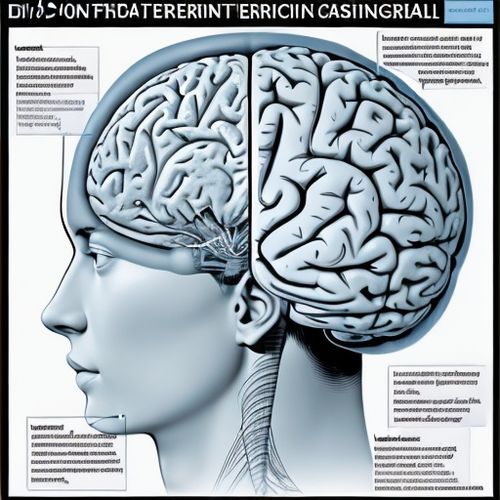
By George Bailey/Apr 23, 2025

By Ryan Martin/Apr 23, 2025

By David Anderson/Apr 23, 2025

By Victoria Gonzalez/Apr 23, 2025

By Benjamin Evans/Apr 23, 2025

By Christopher Harris/Apr 23, 2025
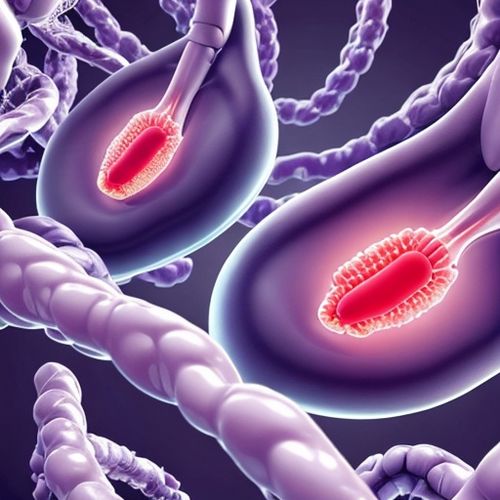
By Olivia Reed/Apr 23, 2025
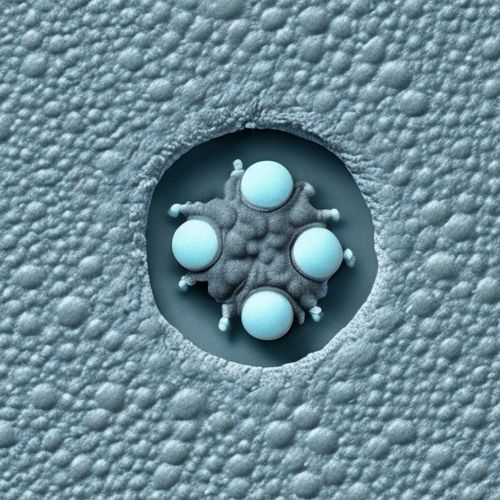
By Emma Thompson/Apr 23, 2025
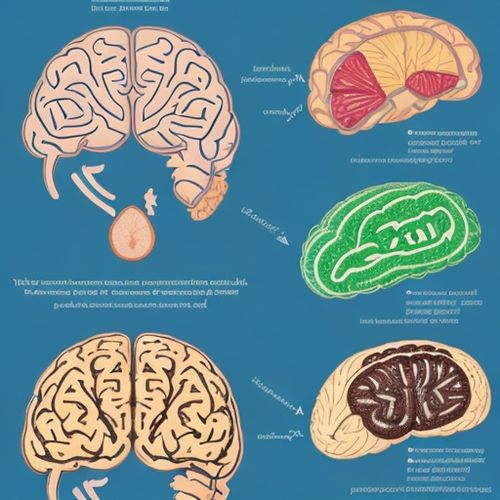
By John Smith/Apr 23, 2025

By Emily Johnson/Apr 22, 2025

By Samuel Cooper/Apr 22, 2025
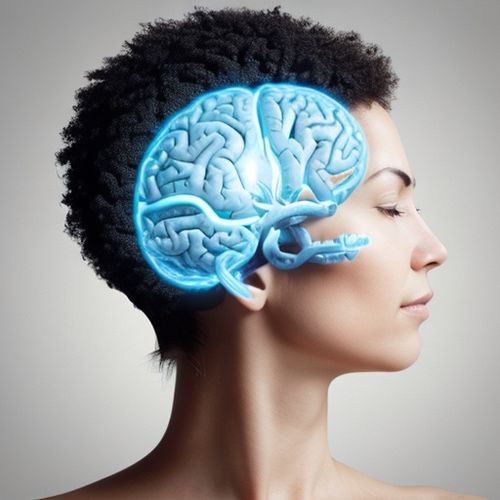
By Olivia Reed/Apr 22, 2025

By Sophia Lewis/Apr 22, 2025